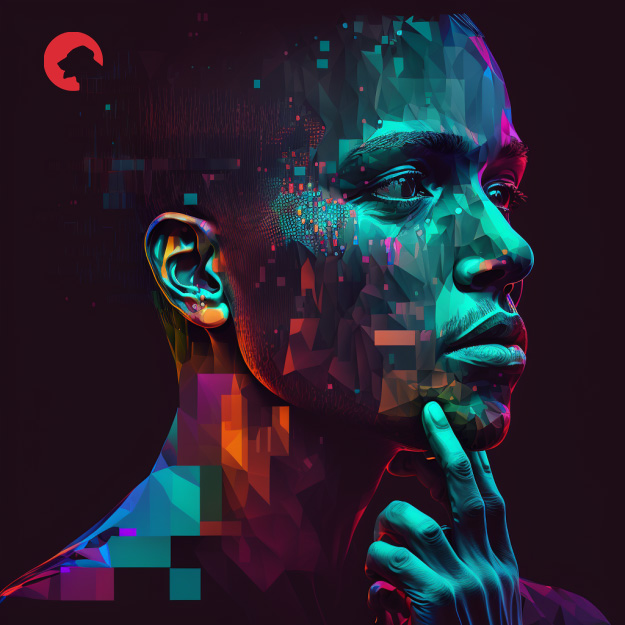ChatGPT: Should You be Scared of this AI Tool? - An Exploration of its Implications in Today's Digital Landscape

What is ChatGPT?
ChatGPT is a powerful tool with various applications. It can assist with generating summaries, writing emails, and even drafting legal documents. The AI language model can help save time and increase efficiency in a wide range of industries. With its ability to generate text that sounds like it was written by a human, ChatGPT is proving to be a valuable asset in today's digital landscape.
Can ChatGPT write code?
The answer is yes. It’s no superstar, and in the wrong hands it can create more of a mess than success. One issue is that it uses the entire internet for a data source, which includes old code and code suggestions, as well as not being able to dive deeply into a project. It’s great for writing a few lines of code or a function here or here. It’s also great at debugging issues in code. But for full fledged website or app creation, it’s only beneficial if you really don’t understand much at all. It takes you from 0 to 2, but it doesn’t create any sort of 'Perfect 10'.
There are other AI language models and tools that have been developed specifically for writing code, such as GPT-Neo, Codex, and GitHub's Copilot. These tools have shown remarkable progress in generating code that is both functional and efficient. Nonetheless, it is important to note that these AI tools have their limitations, and human supervision and feedback are still required to ensure the quality and accuracy of the generated code.
What are some good ChatGPT examples?
First, you need to get signed up. Go to https://chat.openai.com/ and hopefully you can sign up and sign in. Once signed in, you can really ask it whatever you want. Here are a few examples that our clients have played around with:
- website url Can you look at that URL and provide a customer persona?
- Our company name is name and our website is website url. Who are our competitors, and what keyword strategies could they be employing
- My business is in business industry. What are some good mobile app ideas?
- How can we use custom software to increase sales in industry?
- Right now I use these software stacks list crm, accounting, etc. Should we consider different software that is more compatible? Would custom software work better here?
- website page url analyze this page and make it easier to read
- Right now our company offers list services. What are some other sources of revenue that we could consider?
- Our website is showing this error show error. What do you need from me to help debug this issue?
You’ll notice that a lot of these prompts will lead you down a rabbit-hole and to longer conversations. Which is a good thing. Just note that we’ve observed that ChatGPT often goes “off the rails” and you may need to start new conversations from time to time again, or at least reign it back in.
The Power of the Human Mind
It's essential to remember that ChatGPT is a tool created by humans and is still limited in its abilities. As humans, we possess unique qualities such as creativity, empathy, and critical thinking, which AI systems like ChatGPT cannot replicate. The human mind has an infinite capacity to learn, adapt, and innovate. Our cognitive abilities are what make us special and competent, and they will always set us apart from machines.
The important thing to remember is that most of what I wrote there won’t change. AI can try to replicate creativity, empathy and critical thinking – but it’s lightyears behind the human mind. The cool thing is that the human mind can still use ChatGPT, but as a tool and not a replacement. In the right hands, it’s a great step forward.
Should we be scared of ChatGPT?
It's understandable to be scared of AI systems like ChatGPT, and it's no secret that these systems will take jobs in the future. However, as long as we continue to collaborate with technology and not compete against it, we can leverage the benefits of AI while also empowering the human workforce. By embracing the power of human creativity, empathy, and critical thinking, we can ensure that we remain valuable in the age of AI. So, should you be scared of ChatGPT? No, as long as you have a strong digital partner and competent, intelligent people that can rise above, you will set yourself apart and not have to worry about ChatGPT. If you have the right team that can use it properly, it just makes your digital landscape that much better.
And yes, this article was written by a human, but with light assistance from ChatGPT.

